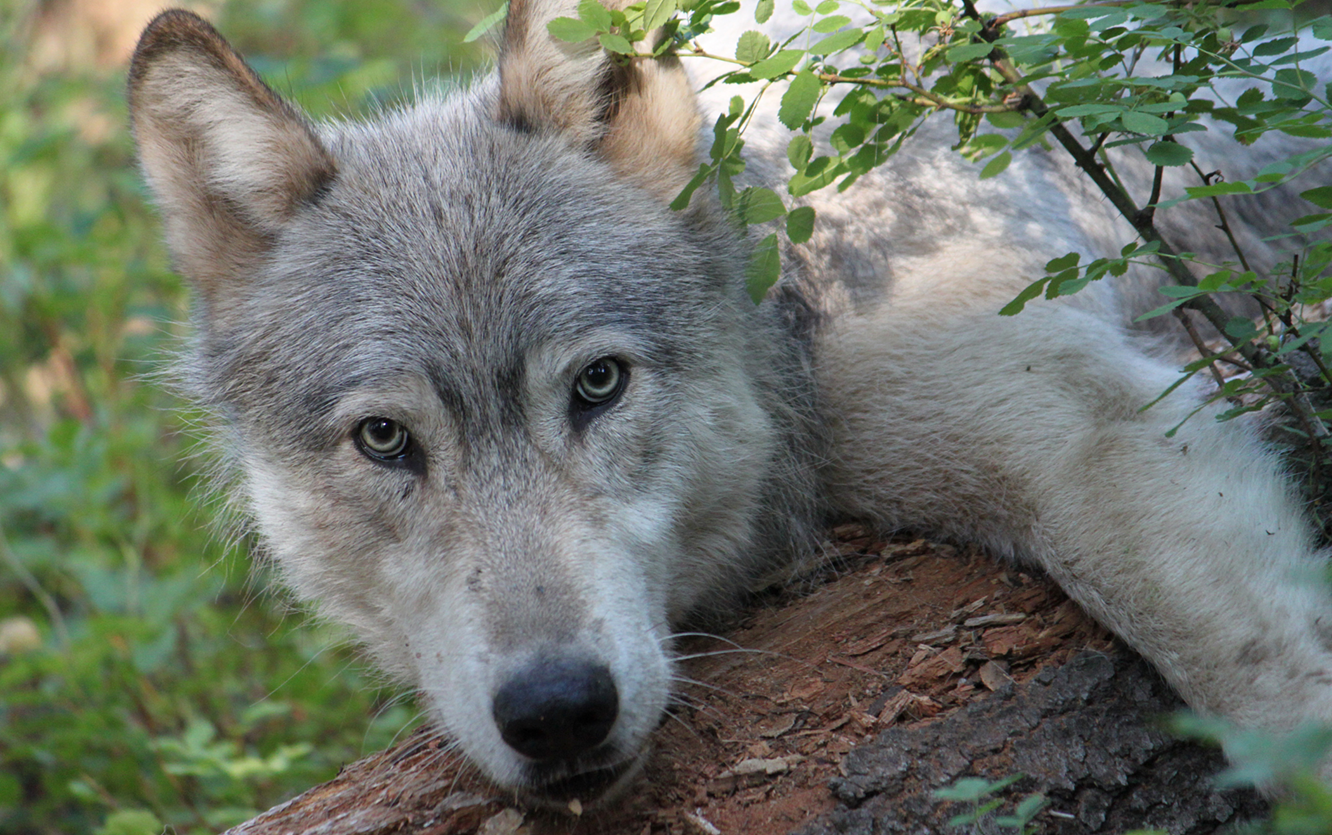FOR IMMEDIATE RELEASE
January 7, 2019
Conservation Groups Exit Oregon Wolf Meetings Citing Potential Increased Killings, Flawed Process
Oregon Officials Unwilling to Follow Science on Wolf Management
PORTLAND, Ore.— Four conservation groups have notified Oregon Gov. Kate Brown and the state wildlife commission that they are withdrawing from stakeholder meetings about the management of the state’s wolf population.
The groups cited a number of concerns, including a flawed process for updating the state’s wolf plan and lobbying by wildlife managers wanting to make it easier for the state to kill wolves, which is often done at the behest of livestock operators.
The meetings were convened at the governor’s urging after the Oregon Department of Fish and Wildlife repeatedly proposed revisions to the state wolf plan that lacked support from the environmental and scientific communities, as well as ranchers and hunters.
The conservation groups’ letter to the governor and commission cites unwillingness by the state fish and wildlife department to address the groups’ concerns through meaningful negotiations.
Instead, the department appears to be moving forward with a proposal that is worse than when negotiations began, allowing the killing of wolves more quickly than before in response to livestock predations.
The proposal runs counter to a growing body of science showing that killing wolves is less effective than nonlethal measures and, in some cases, can even increase livestock losses. It also runs counter to the wishes of the vast majority of Oregon citizens who don’t want to see the agency killing endangered wolves.
Stakeholder Quotes
“Gov. Brown’s well-intentioned stakeholder process has failed miserably because her wildlife managers wouldn’t listen to the most recent science or Oregon residents who say we need to stop killing wolves,” said Amaroq Weiss, West Coast wolf advocate with the Center for Biological Diversity. “We’ve tried for years to come to an agreement, but the state won’t fix its broken, outdated approach to wolf management.”
“From the beginning, we advocated for a real stakeholder process with neutral oversight and guidance to encourage meaningful discussion and collaborative brainstorming,” said Quinn Read, Northwest director for Defenders of Wildlife. “Unfortunately, ODFW drove the process toward a seemingly predetermined outcome to allow more wolves to be killed in deference to livestock. As there are less than 150 wolves remaining statewide, these terms are unacceptable. We need to raise the bar on prevention of conflicts between wolves and livestock instead of folding to constant demands to kill more wolves.”
“Poll after poll has shown that Oregonians support wolf recovery and believe that conflicts with livestock should be avoided through nonlethal approaches, and yet ODFW continues to insist on a plan that makes it ever-easier to kill wolves without any enforceable standards,” said Sean Stevens, executive director of Oregon Wild.
“The return of wolves to the Pacific Northwest is an incredible wildlife success story that all Oregonians should be celebrating. Instead of assisting this recovery, our state government is fixated upon killing the species at the behest of the commercial livestock industry. There are between 100 and 200 wolves in the state total; this is absurd,” said Nick Cady, legal director at Cascadia Wildlands.
Background
After being extirpated in the mid-20th century, wolves have begun to make a comeback in Oregon but remain largely absent from nearly 90 percent of the state’s potential habitat.
A few wolves have been present west of the Cascades since 2011. There are currently only two known wolf packs in the western half of the state. Most of Oregon’s wolves — which number 124 according to the report issued by the department in April of 2018 — occupy territory in the eastern half of the state.
The Fish and Wildlife Commission prematurely removed wolves from the list of state endangered species in 2015, and a lawsuit filed by several of the same conservation groups challenging that action is still pending.

